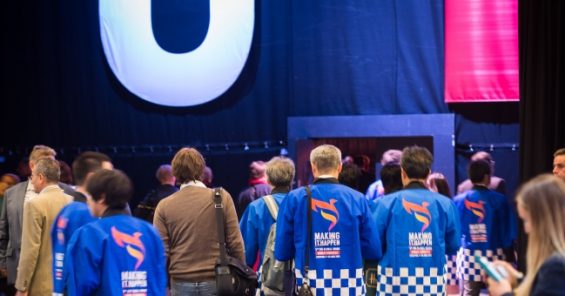Addressing the UNI World Congress in Liverpool, Dr Helen Blakely and Dr Steve Davies from Cardiff University presented their in-depth report of union innovation around the world to identify trade unions’ responses to the changing world of work.
Looking at 25 case studies from five continents, one of the report’s key findings is that collective bargaining is a remedy for the ails of digitalisation.
One such example of this is the German trade union, ver.di, who has negotiated collective agreements for workers under pressure from new technology that have provisions to protect the qualifications and skills of workers, and protect against excessive workloads and implications of mobile working.
Additionally, the GMB in the United Kingdom has tried a variety of innovative tactics to alleviate the working conditions of platform workers. The union’s campaign has involved an information and social media campaign on employment, a legal campaign and local organising in the community.
The report also finds that Global Agreements, like the ones that UNI has reached with multinational employers, are also an important safeguard for workers in an increasing globalised and digital world.
It was emphasised that unions need to be well placed to change the future world of work and fight rising inequality. Unions need to be prepared to meet the tasks ahead and use imaginative and innovative ways to create new strategies.
Dr Davies outlined that “unions are more necessary and more relevant than ever” as the initial purpose of unions has broadened to go beyond the workplace. Unions are effective in building representation and creating a more democratic society. From their Global Framework Agreements to their advice sharing and their support of workers, trade unions have been an effective and crucial tool to build social cohesion. Despite the difficulties that workers currently face, it is clear that if trade unions stay ahead of the curve, then they will continue to make a vital difference for workers and society.


